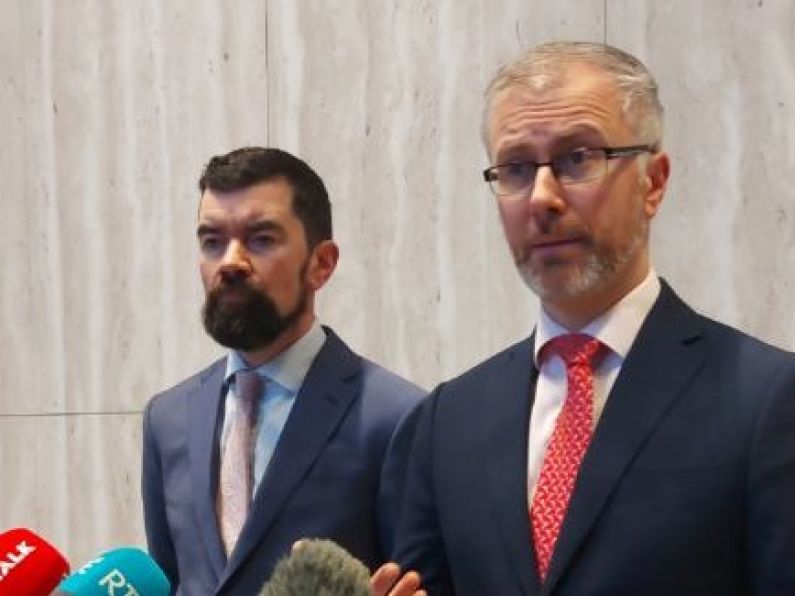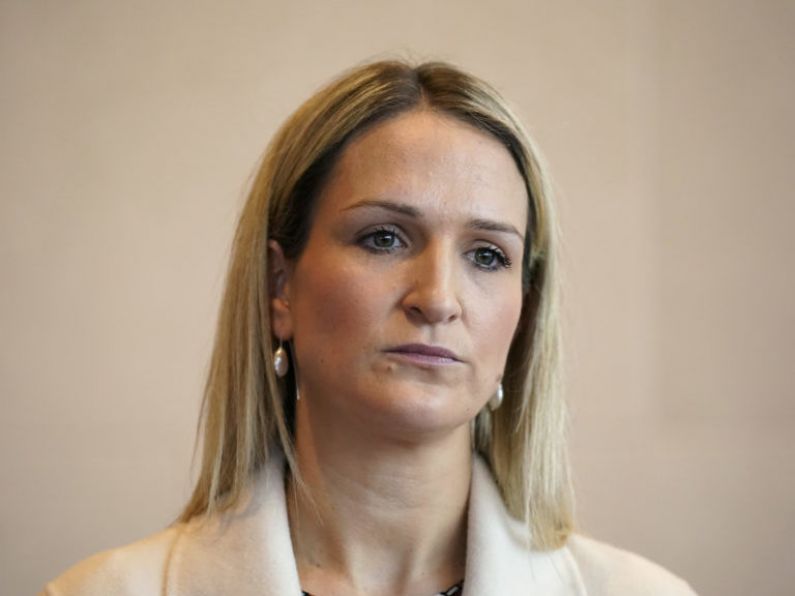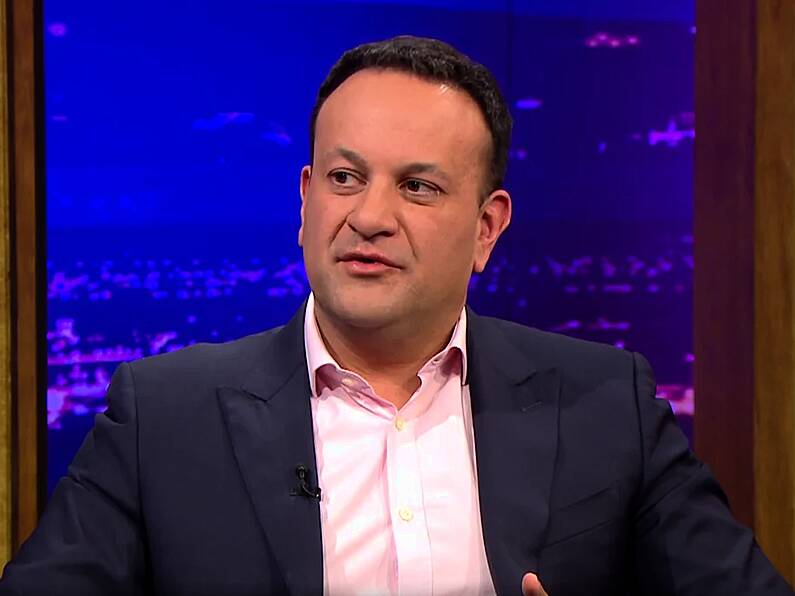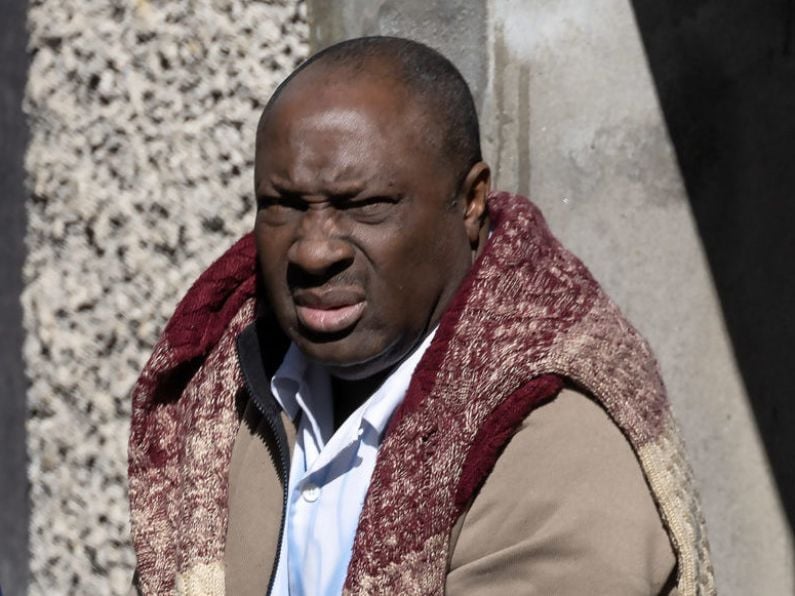Minister for Children and Integration Roderic O’Gorman has said that he does not expect homelessness to rise in Ireland amid plans to pare back state supports being offered to arriving Ukrainians.
The Government has agreed to cut financial support for Ukrainians who are given state accommodation from the end of January, and will also provide state accommodation only for a maximum of 90 days.
During that period, arrivals will be paid a €38.80 subsistence allowance and an additional €29.80 per child per week “in recognition of the fact that accommodation has been provided”, according to the Taoiseach.
Arrivals had been entitled to a jobseeker’s allowance of €220 per week.
A number of properties around the country are to be set up solely for use as reception centres, alongside vacancies in hotel and guesthouse properties.
Meals and laundry services, integration support and access to education for children will be provided in those reception centres.
There are no changes being made to the offerings to Ukrainians who are currently in Ireland, Mr O’Gorman said, adding that the Attorney General was confident that the proposal did not pose a legal concern over treating two groups of people differently.
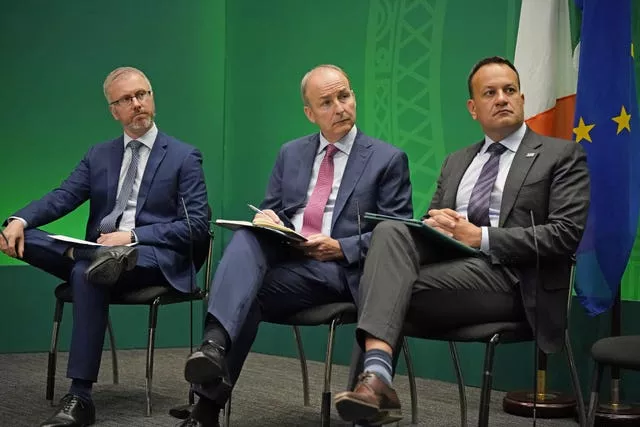
The Government has stressed that these measures are being taken as there is severe constraint on housing supply, and Ireland continues to expect around 500 arrivals per week.
More than 101,200 people have arrived from Ukraine since the Russian invasion began in February 2022, with 74,500 Ukrainians living in state accommodation, and 57,000 in fully serviced accommodation.
More than 16,000 are currently in employment, according to government figures.
Mr O’Gorman said he recognised that it was “a significant change” but it was being done in the face of “a very real capacity constraint”.
“What was appropriate early in the war has to evolve and we have to keep in line with the approach adopted by other member states,” he said.
He said there will be an information campaign to let Ukrainians know about the changes to the supports and “setting out the realities of what the challenges of securing accommodation in the private market is right now”.
“People travelling to Ireland post this date will know very clearly it is a different situation.”

Asked if people would be made homeless after the end of the 90-day period, Mr O’Gorman said: “I fundamentally don’t believe that’s going to become an issue because what’s happened in other EU member states is when a limitation has been introduced to the amount of time Ukrainians can stay in accommodation, it hasn’t resulted in homelessness.
“Ukrainians are an extremely mobile population, they have the right under the temporary protection directive to move to other EU member states, they have the right to move back to their own country as well.
“So we’re not seeing, when other member states introduce changes like this, any sort of instances of homelessness there.”
Mr O’Gorman said people who are medically vulnerable will be “triaged out of the system” but added the Government has to be clear that the ability to provide accommodation is time limited.
Mr Varadkar said the Government would work with arrivals and NGOs to find other accommodation during that 90-day period, adding: “Many different possibilities arise, taking up employment where possible – which many Ukrainians have done and do provide their own accommodation, pledged accommodation and staying with people they know and networks.”
He said if people move out of state accommodation after or before the 90-day window they will be assessed for social welfare like any Irish citizen, including eligibility for the rent allowance, but not social housing or the housing assistance payment.
He said the move, which would see legislation enacted by the end of January, was to bring the Irish offering “into line” with other western European countries, some of which, he said, had not welcomed as many Ukrainians as Ireland on a proportionate basis.
Government figures indicate that Ireland now hosts 2.3 per cent of all beneficiaries of temporary protection in the EU.
Speaking during Leaders’ Questions in the Dail, Mr Varadkar said he was proud that Ireland had welcomed 100,000 people fleeing the war in Ukraine during the “biggest movement of people that’s happened in Europe since the Second World War”.
He said this included 10,000 children in Irish schools, 10,000 working in the economy and 70,000 in some form of state-provided accommodation.
“But the situation is that accommodation is scarce and the numbers coming in remain very large and we’re making this change with that in mind, recognising that other European countries have acted similarly, to change what they offer over the course of two years. We’re now following suit.”
By Cillian Sherlock and Gráinne Ní Aodha, PA
Keep up to date with all the latest news on our website Beat102103.com
